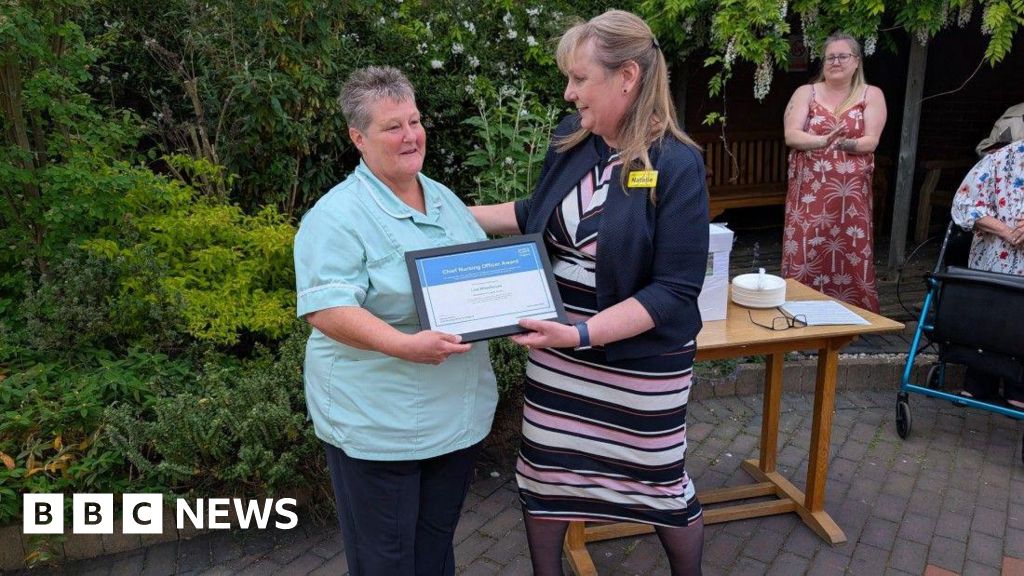Elective Surgery Shift in New Zealand Sparks Concern Over Surgical Trainee Development

New Zealand's Health NZ is proposing a significant shift in elective surgery delivery, with plans to utilize private hospitals to address growing waitlists. While this initiative aims to improve patient access and reduce delays, a growing chorus of concern is emerging regarding the potential impact on the training of future surgeons. Officials are warning that a reliance on private facilities for routine procedures could severely limit learning opportunities for surgical trainees, potentially jeopardizing the long-term health of the surgical workforce.
The core of the issue lies in the nature of elective surgery. These are non-urgent procedures, often involving common conditions and well-established techniques. While vital for patient wellbeing, they don't always present the complex cases that are crucial for surgical trainees to hone their skills and develop expertise. Traditionally, these trainees have gained invaluable experience working alongside senior surgeons in public hospitals, observing and assisting in a wide range of procedures, including those dealing with unusual or challenging presentations.
Health NZ’s plan, while intended to alleviate immediate pressures on the public system, risks creating a two-tiered system where experienced surgeons primarily operate in public hospitals, while a significant portion of elective surgeries are performed in private facilities. This could lead to a situation where trainees are primarily exposed to simpler cases, lacking the breadth of experience necessary to become well-rounded and confident surgeons.
“The concern is that if a large volume of straightforward operations are conducted in private hospitals, our trainee surgeons will have significantly reduced exposure to the more complex and challenging cases that are essential for their development,” explained Dr. Eleanor Vance, a leading surgical educator. “We need to ensure that the shift to private facilities doesn’t inadvertently compromise the quality of surgical training and the future pipeline of skilled surgeons.”
The Royal Australasian College of Surgeons (RACS) has echoed these concerns, urging Health NZ to carefully consider the potential consequences for surgical training. They suggest that any move to utilize private hospitals must be accompanied by robust measures to ensure trainees continue to receive adequate exposure to a diverse range of surgical cases. This could include strategies such as rotations between public and private facilities, or the creation of specific training programs within private hospitals that focus on providing challenging surgical experiences.
Health NZ acknowledges the concerns and states it is committed to ensuring that surgical training remains a priority. They are currently exploring various options to mitigate the potential impact, including discussions with RACS and other stakeholders. However, the challenge remains to balance the need to reduce waitlists with the imperative to maintain a high-quality surgical workforce for the future. The long-term implications of this shift are still unfolding, and ongoing monitoring and adaptation will be crucial to ensure the best possible outcomes for both patients and the surgical profession.
The debate highlights a broader discussion about the role of the private sector in healthcare delivery and the potential trade-offs between efficiency, access, and quality. Finding a sustainable solution that addresses both immediate needs and long-term workforce requirements will be critical for the future of healthcare in New Zealand.






